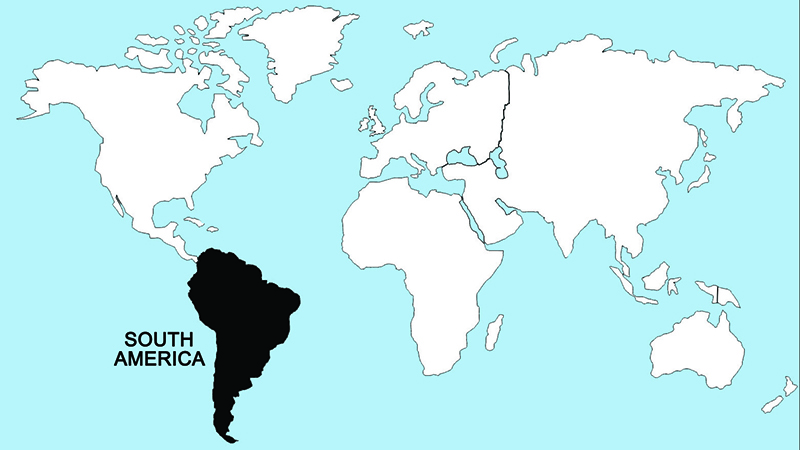Rosybill [Rosy-billed Pochard]
![Rosybill [Rosy-billed Pochard]](/data/images/appliedecology/madsonbird/rosybill-rosy-billed-pochard.jpg)
The rosybill (or rosy-billed pochard) is an attractive diving duck that is common over many parts of southeastern South America. The male has a brilliant red bill that is inflated at the base, contrasting with a black head, breast, and back, and with gray flanks and a white patch under the tail. Their white wing stripes are evident only in flight. The species is found on warm lowland marshes and lakes from northern Argentina north to southern Brazil. Pair bonds in rosybills appear to be temporary; there are no accounts of males helping to rear the young. Courtship is marked by conspicuous displays on the part of both sexes.
The female tends to build the nest over water rather than on land, and tends to dump its eggs in the nests of other species. In turn, its nest is often "parasitized" through the addition of eggs laid by black-headed ducks. Clutch sizes of non-parasitized nests average about ten eggs. Incubation lasts about 28 days (compared with 21 days for the black-headed ducks, whose highly precocial ducklings thus hatch about a week before any of their host's eggs). After hatching, broods often amalgamate, and female rosybills tending large numbers of young have at times been seen.
Regions Birds Are Found

Collection Location & Year
Argentina 2000
Taxonomy
| Order | Anseriformes |
|---|---|
| Family | Anatidae |
| Tribe | Aythyini |
| Species | Netta |
| Genus | peposcaca |
Gender
Male
References
- Johnsgard, P. A. 1975a. North American Game Birds of Upland and Shoreline. Lincoln, NE: Univ. of Nebraska Press.
- Johnsgard, P. A. 1978. Ducks, Geese and Swans of the World. Lincoln, NE: Univ. of Nebraska Press.
- Elliot, A., J. del Hoyo, J. Sargatal, and C. Imboden, eds. 1992. Handbook of Birds of the World. Vol. 1 (Ostriches to Ducks). Barcelona, Spain: Lynx Editions.
- Kear, J. 2005. Ducks, Geese and Swans. London, UK: Oxford University Press.